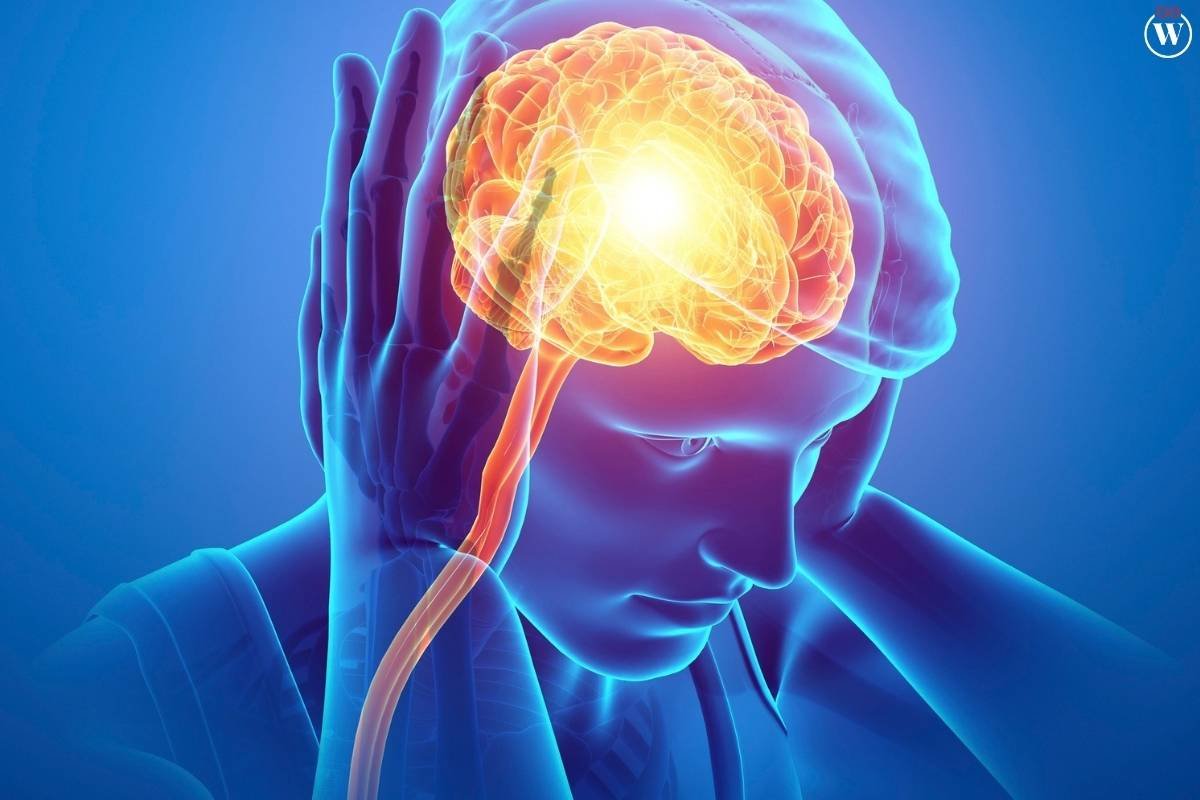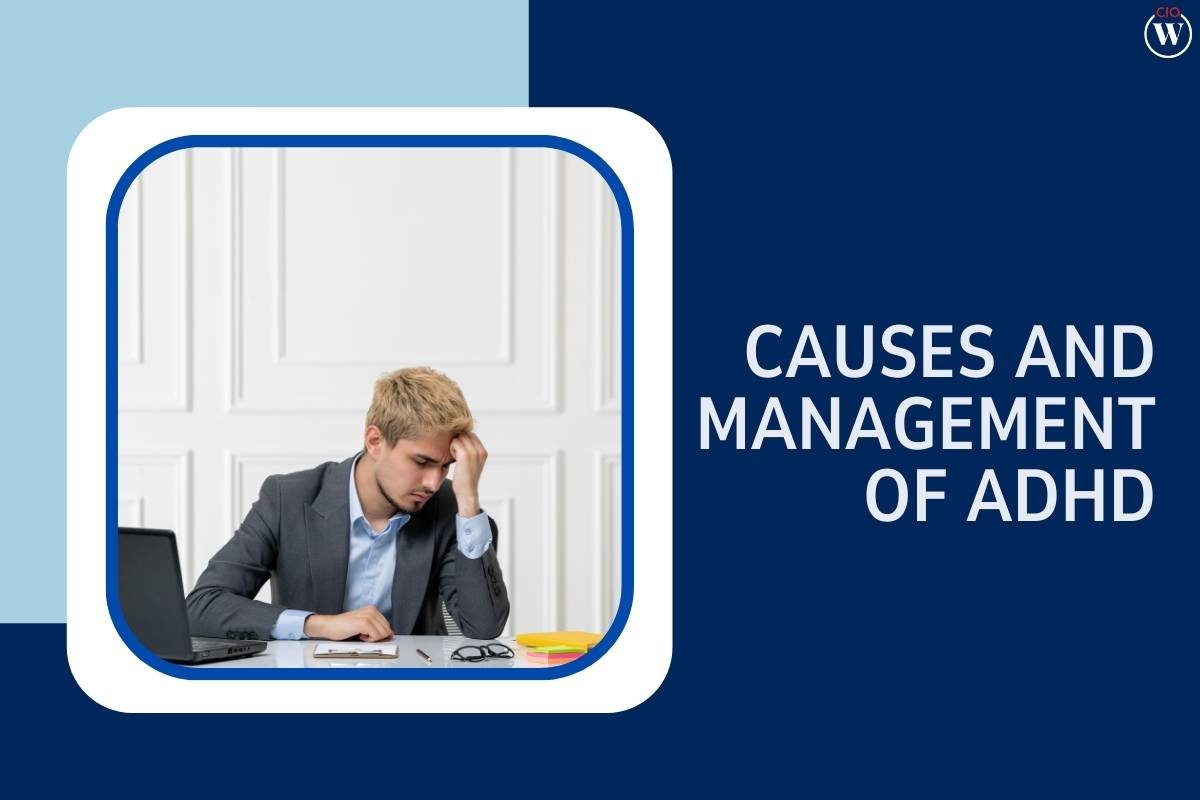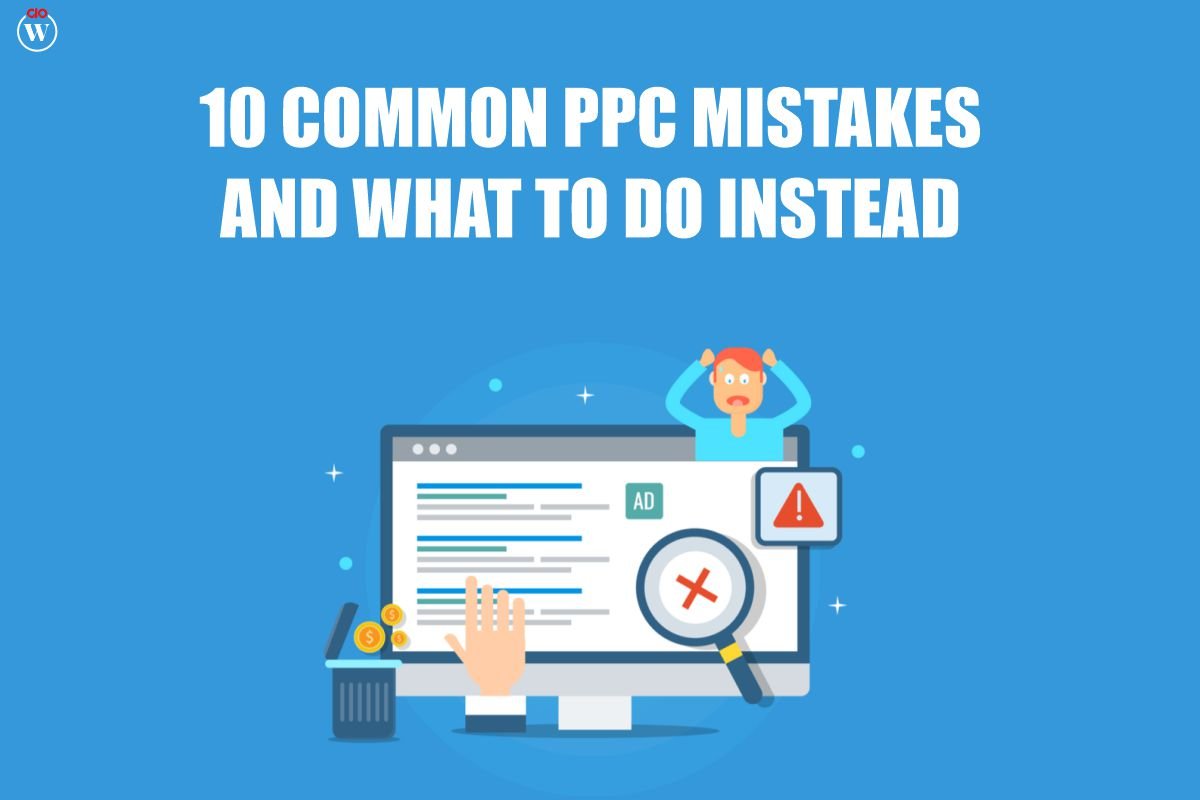Attention Deficit Hyperactivity Disorder (ADHD) is a neurodevelopmental disorder that affects millions of people worldwide. Understanding the causes and management of ADHD is crucial for improving the quality of life for those affected and for creating supportive environments. This article delves into the multifaceted causes and management of ADHD and explores the various strategies related to the same.
Causes and Management of ADHD: The Beginning
The causes of ADHD are complex and multifactorial, involving a combination of genetic, neurological, and environmental factors.
1. Genetic Factors:
Research indicates that ADHD has a strong genetic component. Studies have shown that ADHD tends to run in families, suggesting a hereditary link. Specific genes associated with the regulation of neurotransmitters, such as dopamine, have been implicated in the development of ADHD. These genetic factors can influence brain function and structure, contributing to symptoms of inattention, hyperactivity, and impulsivity.
2. Neurological Factors:

Abnormalities in brain structure and function are also significant in the causes of ADHD. Brain imaging studies have revealed differences in the size and activity of certain brain regions, particularly those involved in attention and executive function. For example, the prefrontal cortex, which is responsible for planning, decision-making, and impulse control, is often underactive in individuals with ADHD. Additionally, neurotransmitter imbalances, particularly involving dopamine and norepinephrine, play a crucial role in the disorder.
3. Environmental Factors:
Environmental factors during prenatal development and early childhood can contribute to the causes of ADHD. Exposure to toxins such as lead, alcohol, or tobacco smoke during pregnancy can increase the risk of developing ADHD. Low birth weight, premature birth, and complications during delivery are also associated with a higher likelihood of the disorder. Furthermore, early exposure to high-stress environments, family conflict, and inconsistent parenting may exacerbate ADHD symptoms.
4. Psychosocial Factors:
While genetics and neurobiology are primary contributors, psychosocial factors cannot be ignored in the causes of ADHD. Family dynamics, parenting styles, and social interactions play a role in the manifestation and severity of symptoms. Children in chaotic or highly stressful environments may exhibit more pronounced ADHD behaviors.
Management of ADHD
Effective management of ADHD requires a comprehensive approach that includes behavioral, educational, and pharmacological interventions. Understanding the causes and management of ADHD allows for tailored strategies that address individual needs.
1. Behavioral Interventions:
Behavioral therapies are a cornerstone in the management of ADHD. Cognitive Behavioral Therapy (CBT) helps individuals develop skills to manage symptoms and improve functioning. Techniques such as time management, organization skills, and coping strategies are integral parts of CBT. Parent training programs also play a crucial role, equipping parents with strategies to manage their child’s behavior effectively and create supportive home environments.
2. Educational Interventions:

Educational support is vital for children with ADHD. Individualized Education Plans (IEPs) and 504 Plans are tools used in schools to provide accommodations and modifications that help students with ADHD succeed academically. These plans may include additional time for tests, reduced homework loads, and the use of technology to aid in learning. Teachers trained in ADHD can implement strategies such as structured routines, clear expectations, and positive reinforcement to enhance learning and behavior in the classroom.
3. Pharmacological Interventions:
Medication is often used in the management of ADHD, particularly for individuals with moderate to severe symptoms. Stimulant medications, such as methylphenidate and amphetamines, are commonly prescribed and have been shown to be effective in reducing symptoms of inattention, hyperactivity, and impulsivity. Non-stimulant medications, such as atomoxetine and guanfacine, are alternatives for those who do not respond well to stimulants or experience significant side effects. It is essential for medication to be closely monitored by healthcare professionals to ensure efficacy and minimize adverse effects.
4. Lifestyle and Dietary Interventions:
Lifestyle changes can significantly impact the management of ADHD. Regular physical activity has been shown to improve attention and reduce hyperactivity. Exercise increases the levels of dopamine and norepinephrine in the brain, which can help alleviate symptoms. A balanced diet, rich in fruits, vegetables, whole grains, and lean proteins, supports overall brain health. Some studies suggest that eliminating food additives, preservatives, and allergens from the diet may reduce symptoms in some individuals. Additionally, ensuring adequate sleep is crucial, as sleep deprivation can exacerbate ADHD symptoms.
5. Social Skills Training:
Social skills training is an important aspect of the management of ADHD, particularly for children who struggle with peer interactions. This training helps individuals learn appropriate social behaviors, improve communication skills, and develop better relationships. Role-playing, social stories, and group therapy are common techniques used to enhance social competence and reduce social anxiety.
6. Mindfulness and Relaxation Techniques:
Mindfulness and relaxation techniques are increasingly being recognized as effective tools in the management of ADHD. Practices such as mindfulness meditation, yoga, and deep breathing exercises can help individuals improve focus, reduce stress, and increase self-regulation. These techniques teach individuals to be more aware of their thoughts and feelings, allowing them to respond to situations more calmly and thoughtfully.
7. Support Systems:
Building a strong support system is crucial for the management of ADHD. Support groups for individuals with ADHD and their families provide a platform for sharing experiences, gaining insights, and accessing resources. Counseling and therapy can also help individuals and families cope with the challenges associated with ADHD, fostering better communication and understanding.
Integrating Approaches for Causes and Management of ADHD
An integrated approach is often the most effective in the management of ADHD. Combining various interventions allows for a more holistic treatment plan that addresses multiple aspects of the disorder. For instance, a child with ADHD might benefit from a combination of medication, behavioral therapy, educational support, and social skills training. This comprehensive approach ensures that the child’s academic, social, and emotional needs are met, promoting overall well-being.

Case Example: Consider a 10-year-old child diagnosed with ADHD. The management plan might include the following components:
- Medication: Prescribed stimulant medication to improve attention and reduce hyperactivity.
- Behavioral Therapy: Weekly sessions with a therapist to develop coping strategies and improve organizational skills.
- Educational Support: Implementation of an IEP with accommodations such as extended test time and the use of a computer for written assignments.
- Social Skills Training: Participation in a social skills group to learn appropriate peer interactions and enhance communication.
- Lifestyle Changes: Encouragement to participate in regular physical activity, such as joining a sports team, and maintaining a healthy diet.
- Mindfulness Practices: Introduction to mindfulness exercises to improve focus and reduce anxiety.
This integrated approach not only addresses the symptoms of ADHD but also supports the child’s overall development and well-being.
Conclusion
Understanding the causes and management of ADHD is essential for creating effective treatment plans and supportive environments for individuals with the disorder. The causes of ADHD are multifaceted, involving genetic, neurological, environmental, and psychosocial factors. Management strategies must be comprehensive, incorporating behavioral, educational, pharmacological, and lifestyle interventions. By adopting an integrated approach, we can better support individuals with ADHD, helping them to thrive and reach their full potential.








